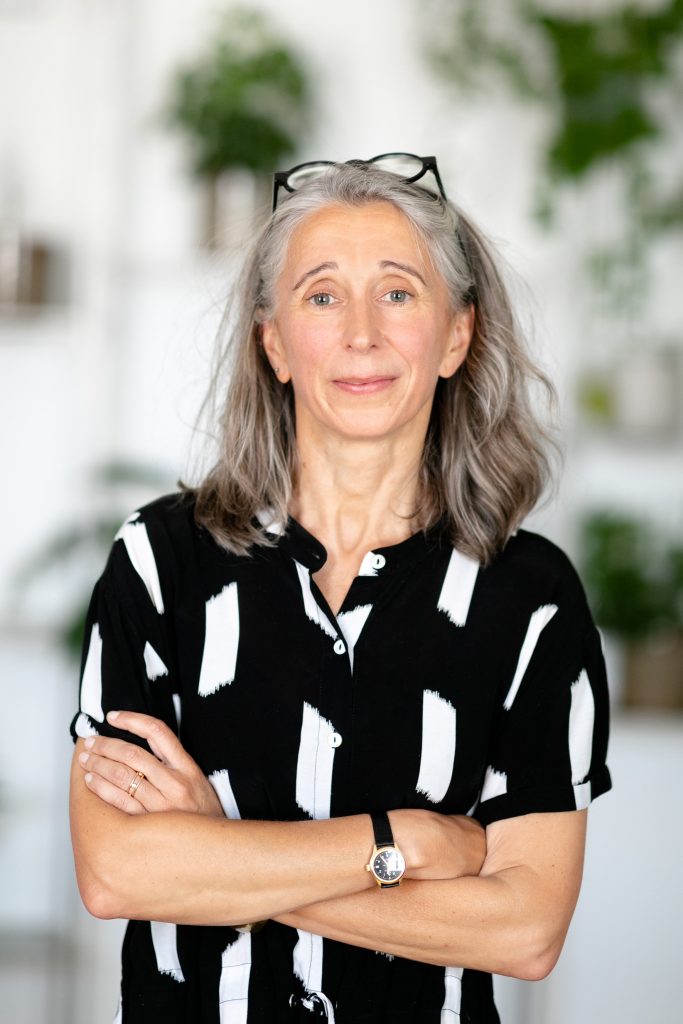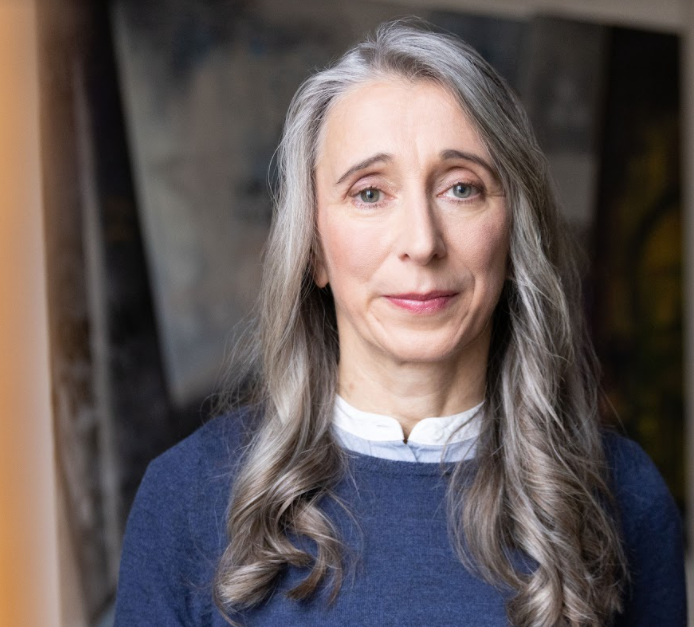Dunja is a Senior Consultant for the European Capital of Democracy.

How would you describe your journey so far? What is your background, what are some of the things you love and what sparked your interest in currently working to support social cohesion and political innovation?
I am a sociologist and how politics works and how to shape my or our local community has always been a passion and I have been able to get involved in this at various levels. But art and culture also define my life. Combining democracy and art – that’s where it gets particularly exciting for me. Because this discourse involves many, and gives birth to a variety of ideas.
What’s one thing you’re learning now, and why is it important?
I learn a lot and I am grateful for that. There is no “one thing”. For me, it is important to look at tasks from many different angles – and to break new ground.
What is your first memory of politics?
My grandparents lived in the Austrian countryside and the first thing I learned from them was that you never say which party you vote for – not to your family members, not to your friends, to no one. A strange approach for me as a child when the election results there speak such a clear language. What is there to hide?
Combining democracy and art – that’s where it gets particularly exciting for me. Because this discourse involves many, and gives birth to a variety of ideas.
Dunja Ganser
What was your favorite childhood book?
What has been your greatest kitchen mistake?
Mistakes in the kitchen are elevated to an art form.
Which do you listen to the most: your heart or your brain?
I try to listen to both of them. I don’t always succeed, but at least I try being aware of the other half.
What is a work of art or art project that really touched you?
This is always the work of Wolfgang Tillmans.
Please name a must-read political book.
The Working Poor by David K. Shipler.
What makes your day better?
Friendly people.

